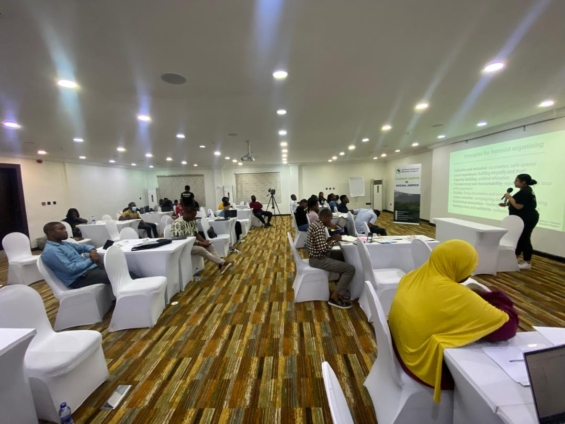Experts are advocating for a just and sustainable transition in the strategies of public financial institutions.
This was a key focus during the Fair Finance School on Tuesday, July 16, in Accra.
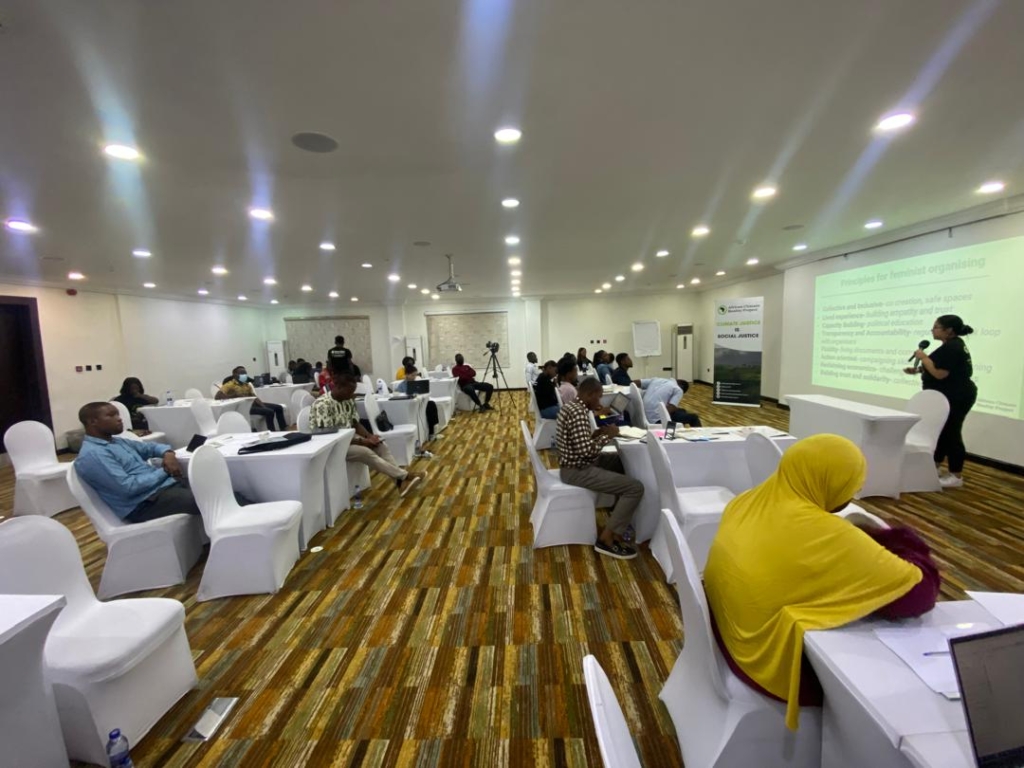
The two-day event, organised by the African Climate Reality Project, brought together activists and stakeholders to learn essential knowledge and skills needed to understand Development Finance Institutions (DFIs), their operations, and their pivotal role in financing developmental projects.
Speaking on the sidelines of the event, Zahra Omar from the Fair Finance Coalition of Southern Africa explained, “Usually, public finance institutions think that promoting economic development means that they need to finance certain kinds of industries.”

“What they don't see is that by financing, for example industries with high greenhouse gas emissions in a time of the global climate crisis, they are actually hindering economic growth in those countries. So what they need to do is advance sustainable development which means looking at the environmental and economic and social considerations of the financing,” she said.
Senior Campaign Manager at the African Climate Reality Project (ACRP), Courtney Morgan, emphasised the need for guidelines to shepherd public finance institutions' activities.
According to her, the ACRP advocates for transparency, equity, inclusion, accountability, and governance.
Madam Morgan also believes that development projects undertaken by public financial institutions should not commit human rights violations and should promote gender responsiveness.
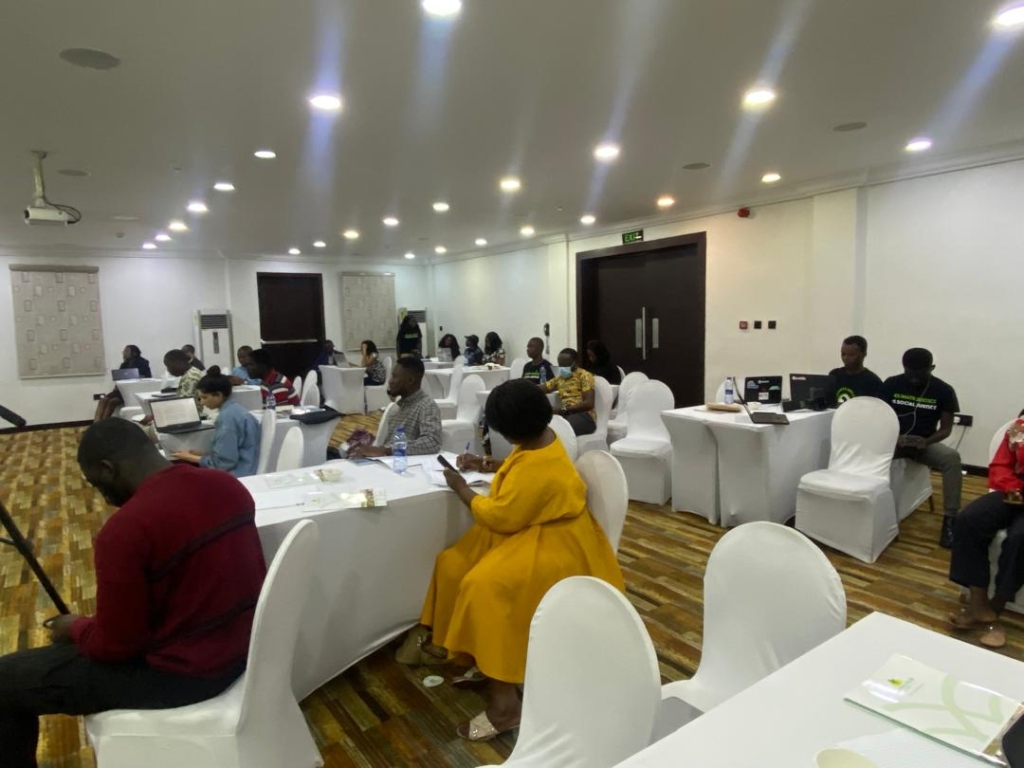
For her, the creation of African-led solutions to the continent’s financing problems will promote a sustainable development agenda.
Executive Coordinator for the Strategic Youth Network for Development (SYND Ghana), Chibeze Ezekiel, lamented the fact that many multinational development banks have yet to fully embrace responsible financing in a just way.
As a measure, Mr Ezekiel urged activists to probe and understand the systems that are at play when it comes to these corporations to properly address the problem from within. This is one of the ways that the SYND head believes will help financiers better understand the real impact of irresponsible financing in their own terms.
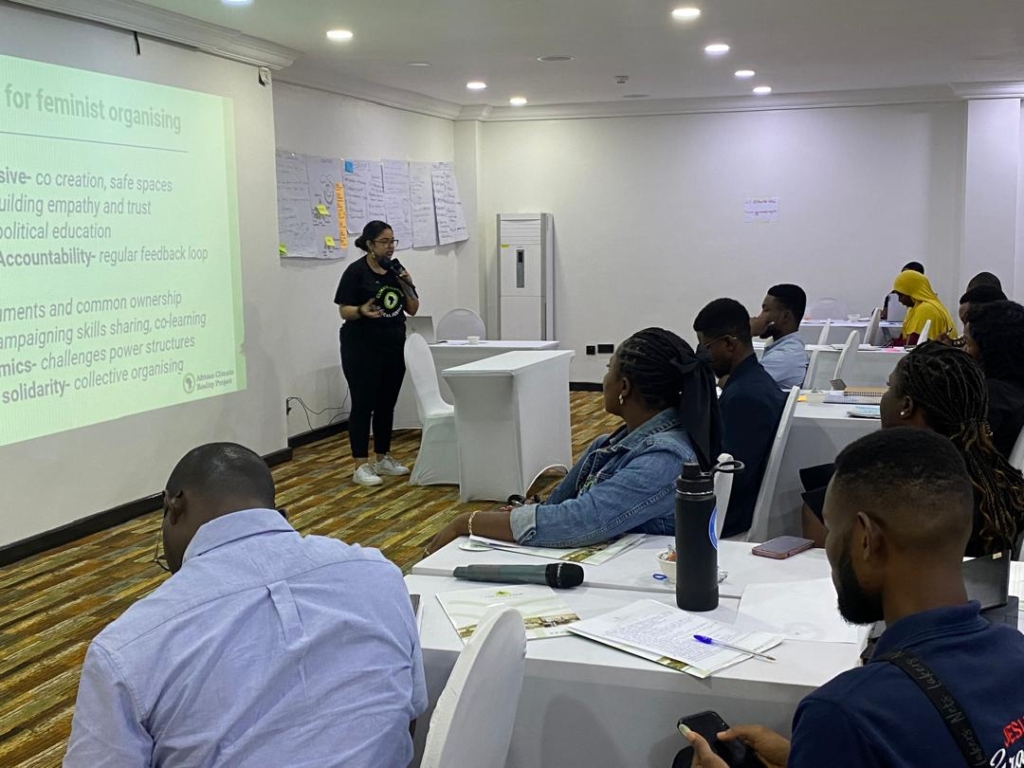
He also called for collaboration, urging involvement in processes from the onset to have environmental issues reflected in policies.
Additionally, Ezekiel Chibeze advocated for feedback to banks to help them develop solutions that will improve the situation.
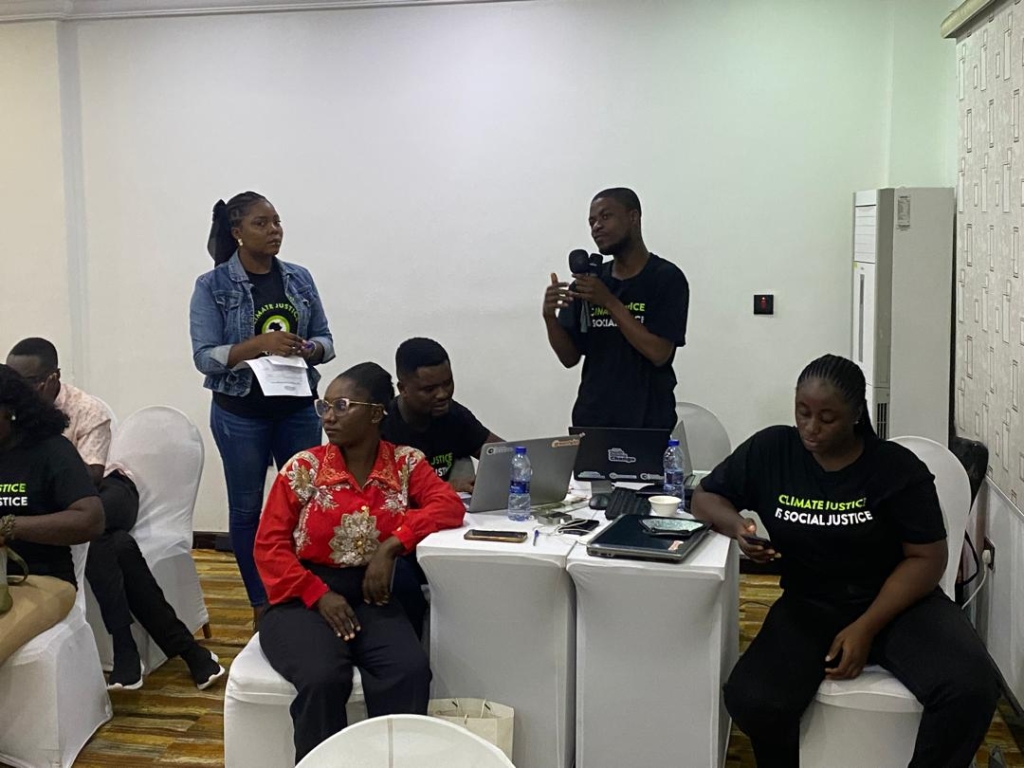
Latest Stories
-
Finance Minister Ato Forson inaugurates reconstituted NIB board
49 seconds -
KNUST student jailed 10 years for robbing hairdresser
6 minutes -
Aephaniel Owusu-Agyemang: Why the IMF recommends reducing forex market intervention in Ghana
6 minutes -
Minority accuses gov’t of causing $1.2m loss in passport relaunch
14 minutes -
Ghana’s Procura Global honoured at Africa Procurement Summit with 2 awards
20 minutes -
Latif Abubakar and Korean Embassy launch ‘Sim Majorley’ theatre show to headline 2025 Korean Cultural Festival
24 minutes -
Ghana did not vote on LGBTQ+ support – Foreign Affairs Minister clarifies UN abstention
37 minutes -
Chamber of Health pays courtesy call on Health Minister to strengthen collaboration with gov’t
48 minutes -
CJ Torkornoo to ECOWAS Court: My right to fair hearing breached, order Ghana to stop violation
53 minutes -
Mark Darlington warns producers over artistes stripping their rights in shady deals
53 minutes -
Emigoh Ghana, producers of Yomi Yorghut, returns for JoySports Invitational Tournament 2025
1 hour -
Bank of Ghana spent GH¢206 million on travel in 2024, twice the 2023 figure
1 hour -
Parts of Bolgatanga Municipality plunged into darkness
1 hour -
Mahama reiterates Ghana’s readiness to lead a new era of maritime security
1 hour -
Police arrest alleged serial motorbike thief
1 hour

